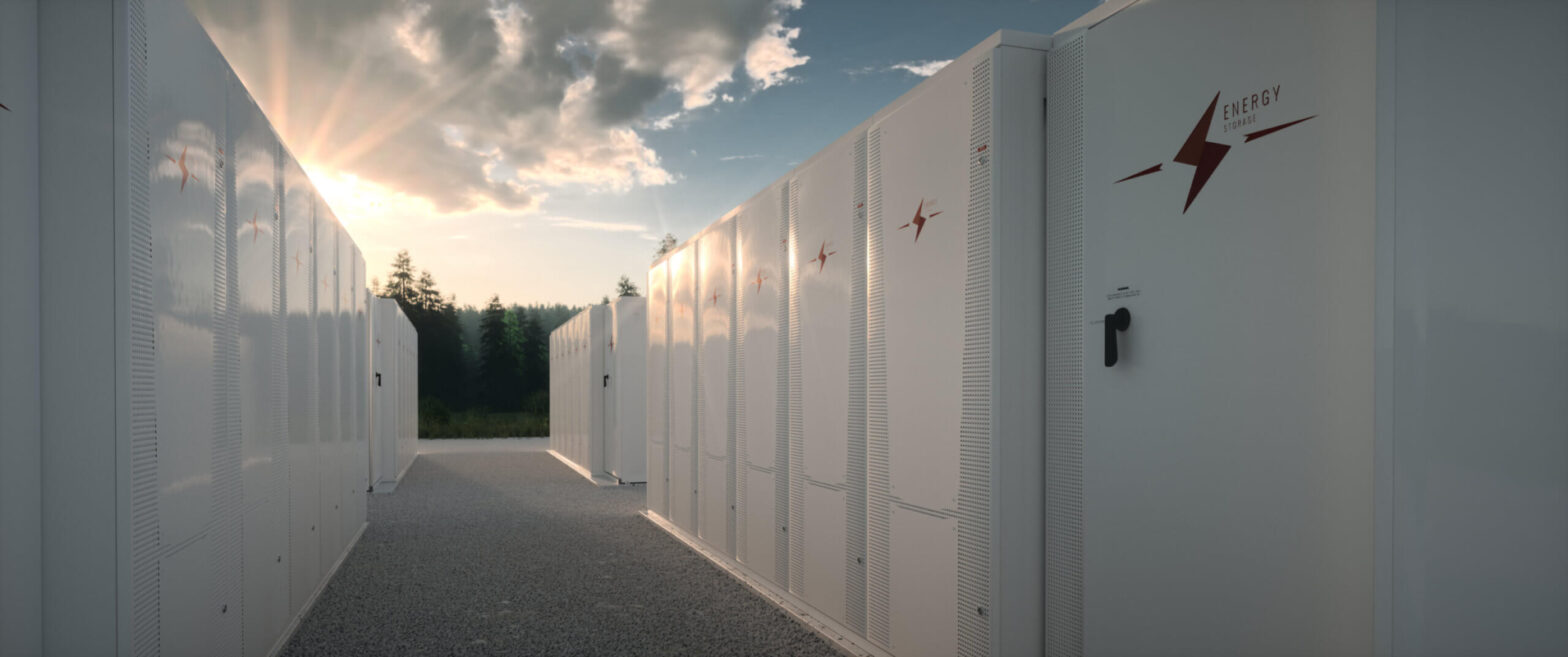PV panels absorb and transform sunlight into electricity, which may then be used to run anything from appliances and light bulbs to electric vehicles. Although it is not a new concept, advances in PV technologies have made solar power more efficient and economical than ever before.
Many families are thinking about switching from traditional electricity to solar power. If you are one among them, you must first make sure that this ecologically friendly method of producing energy is appropriate for your home.
So, how can you tell if solar energy is good for you? Understanding the important points will help you determine whether it is right for you.
1. Sunlight Required
When it comes to photovoltaic arrays, the first thing you should think about is how much sunlight you get. The amount of energy you can create using solar panels is determined by how much sunlight reaches your home.
Although south-facing rooftops receive the most sunlight, it is still doable to put solar panels on a building that faces a different orientation. You may examine the sunlight conditions in your area using Google’s Project Sunroof.

2. Roofing Conditions
Panels can be put on nearly any roof structure. While your roof does not have to be brand new, it should be in good condition before adding panels to it.
Keep in mind that solar panels are a long-term investment that can last for more than four decades. So, if your roof requires repair or replacement, you should handle this huge expense before proceeding with solar electricity.
3. Your Previous Energy Bills
The cost of energy varies by region. If you reside in a location with high electricity prices and use a significant quantity of electricity to run your home on a regular basis, you should consider solar panels.
A decent rule of thumb is that photovoltaic arrays can save you money in the future if your monthly electric bill is more than $75. Those who pay less than this amount can still lower their environmental impact by installing solar panels, although the cost savings may be minimal.



